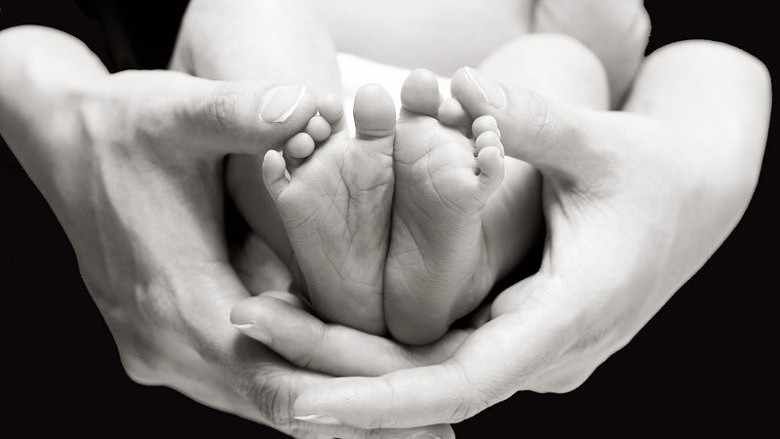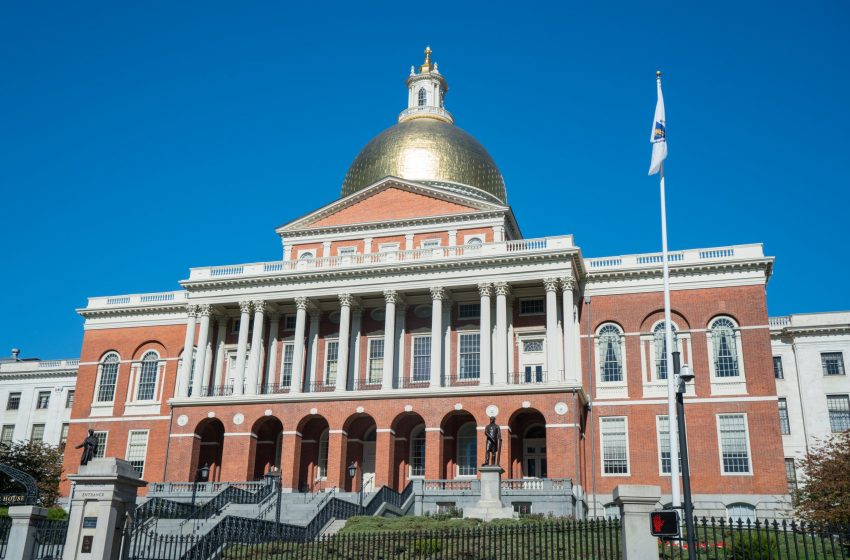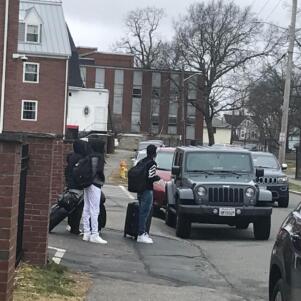It’s Now ThisClose in the Massachusetts House If Governor Baker Vetoes Abortion Bill
By Matt McDonald | December 22, 2020, 20:06 EST
 (Courtesy of Flickr)
(Courtesy of Flickr) The Massachusetts Senate and House of Representatives voted Tuesday to re-enact the abortion bill, sending it to Governor Charlie Baker for a possible veto.
The governor now has three options: sign it, veto it on or before January 1, or let it become law without his signature.
If the governor vetoes it quickly, it could set up quick override votes in the House and Senate. If he waits until closer to the deadline, then the Democratic leaders would have to hold the veto override votes on Monday, January 4 or Tuesday, January 5, just before the current legislative session runs out.
The margin in the House to override a veto is now just two votes.
The Massachusetts House of Representatives has 160 seats, but only 158 members currently. Overriding a governor’s veto requires a two-thirds majority of the members who vote. If all current members vote, it would take 106 yes votes to override the veto.
How close is it?
The House voted 108-49 on November 12 to approve the abortion legislation, but one of the members who voted yes has since left. (Dan Cullinane of Dorchester, a Democrat who was a sponsor of the original ROE Act abortion expansion bill – resigned from the House earlier this month to take a lobbying job.)
On December 16, the House rejected Governor Baker’s amendments to the abortion bill, 107-49.
That means if opponents flip a net of two Yes votes then they will be able to uphold the governor’s veto.
The Senate margin is much larger as a percentage than the margin in the House. The Senate is expected to override a veto by a comfortable margin, if it comes to that.
Governor Baker has not, as of Tuesday night, said whether he plans to veto the abortion bill.
The abortion bill would lower the age when a girl needs the consent of a parent or a judge to get an abortion, allowing 16-year-old and 17-year-olds to get an abortion on their own decision.
The abortion bill would expand the ability to get an abortion after 24 weeks, specifically including cases of a so-called fatal fetal anomaly, meaning the fetus is diagnosed with a condition likely to lead to death not long after birth.
It would also eliminate language in current state law requiring that a doctor try to save the life of a baby born alive after an attempted abortion.
The House and Senate votes on Tuesday, December 22 were necessary procedurally because Baker on December 11 returned the abortion legislation to the state Legislature with amendments, notably a request to keep the current requirement in state law that 16-year-old and 17-year-old girls get permission from a parent or a judge in order to get an abortion.
Last week the House and Senate rejected Baker’s amendments. Today’s vote re-enacted the bill.
No further amendments are possible. Baker’s decision is up or down on the abortion bill, and the state legislators’ decision would be up or down on Baker’s veto, if it comes.
Factors unrelated to the abortion bill complicate the situation. The House is already dealing with more than 100 line item vetoes from the governor in the state budget bill, to the point where Democratic leaders are trying to figure out a way to streamline override votes.
In addition, House Speaker Robert DeLeo (D-Winthrop), a supporter of the abortion bill, is negotiating a new job with Northeastern University. His departure as speaker of the House and as a member of the Legislature is expected soon, though it’s not clear when. Two candidates have announced they want to replace him as speaker.










